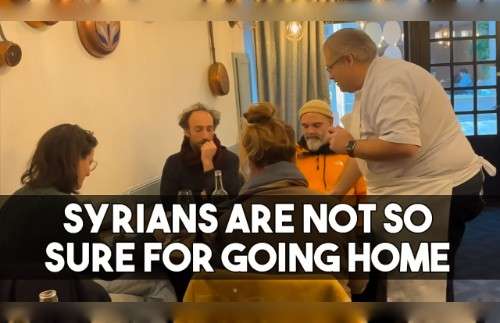Basilio Sepe and Jeoffrey Maitem
Manila and Cotabato, Philippines

Philippine human rights and legal advocacy groups Monday sought a Supreme Court injunction against the Anti-Terrorism Act signed by President Rodrigo Duterte on July 3, and warned it could be used to stifle free speech and go after government critics.
About a dozen groups appeared at the court to file various petitions challenging the constitutionality of the new law, which repeals the Human Security Act of 2007.
“With the Anti-Terrorism Act of 2020, these [dissenting views ] can now be interpreted by the government as constituting terrorism,” said an excerpt from an 84-page petition filed by a group of law professors at the Far Eastern University (FEU), a private campus in Manila.
“The definition of terrorism in Section 4 is so vague and broad … it can be read to include legitimate and lawful gatherings and demonstrations where people assemble to exercise their freedom of speech, of expression, and of the press,” it added.
The new law allows the government to carry out warrantless arrests of suspected terrorists and hold them without charges for up to 24 days.
It removes a requirement that police present suspects before a judge to determine that they weren’t tortured. It also creates a special “anti-terrorism council” to be made up of presidential aides instead of members of the judiciary.
Opposition Rep. Edcel Lagman was among the first legislators to question the law. It was “replete with constitutional infirmities” and should be “jettisoned in its entirety,” he said.
In his petition to the court, Lagman emphasized that “the derogation of freedom is not the price of security and peace, but the precursor of people’s unrest and righteous resistance.”
“The criminalization of ‘threat,’ ‘proposal,’ and ‘inciting’ to commit terrorism has chilling effects on deterring the exercise of the right to free speech and dissent,” Lagman alleged, adding that the “unreasonable seizure of a person” was a violation of the right to movement.
Duterte signed the act into law on Friday, amid recent violence against government security forces in the southern Philippines by militants linked to the Islamic State (IS) group.
On July 2, a police officer was killed when a suspected member of the pro-IS Bangsamoro Islamic Freedom Fighters (BIFF) attacked authorities manning a quarantine checkpoint in Esperanza, a town in Sultan Kudarat province.
On June 26, four suspected Abu Sayyaf militants were killed by Philippine security forces during a joint police and military raid on a militant hideout in Metro Manila. The suspects were allegedly involved in plotting terrorist attacks, according to sources in police and military intelligence.
Defense Secretary Delfin Lorenzana appealed to the nation to give the new anti-terror law a chance. He described it as an “essential measure” for authorities to combat the scourge of terrorism.
“It is a much-needed measure to clothe law enforcement agencies with the necessary power to contain and eradicate terrorists who don’t play by any rules and who hide behind our laws to pursue their evil deeds,” Lorenzana said in a statement on Sunday as he urged people to “read and understand” the law.
Anti-Marcos group protests
A group of former activists who were jailed under the regime of late President Ferdinand Marcos are among the critics of the new law.
They denounced it as a throwback to the rule of the former strongman who plunged the Philippines into two decades of darkness.
“Duterte and his cohorts are clearly desperate to tone down the growing unrest of the Filipino masses, and instead turn to deceptive and fascist schemes such as signing this law to hide his incompetence and ulterior motive to cling to power,” said the group’s spokesman, Danilo dela Fuente.
“Clearly, the safety of the country is not the priority of the government,” he said, adding that the new law only formalized “the ongoing culture of violence and impunity promoted by this administration.”
Duterte has expressed admiration for Marcos, who went into exile in Hawaii in 1986 following people’s power revolution protests. Marcos died three years later.
His family was allowed to return to the Philippines, where members have re-established their political base in the north. Duterte has acknowledged receiving financial help from the family when he was campaigning for the presidency in 2016.
Copyright ©2015,BenarNews. Used with the permission of BenarNews
Ukraine Reveals Handwritten Letter of a Fallen North Korean Soldier in Kursk
Syrians Are Not So Sure for Going Home
Golan Heights Druze Welcome New Syrian Rulers
Tibetans Demand Apology from the British Museum for Use of ‘Xizang’
Escaping from Scam Center on Cambodia’s Bokor Mountain
UN Security Council Meets to Discuss Children and Armed Conflict
10 Shocking Revelations from Bangladesh Commission’s Report About Ex-PM Hasina-Linked Forced Disappearances
Migration Dynamics Shifting Due to New US Administration New Regional Laws
Fighting Fake News
Fighting Lies
















